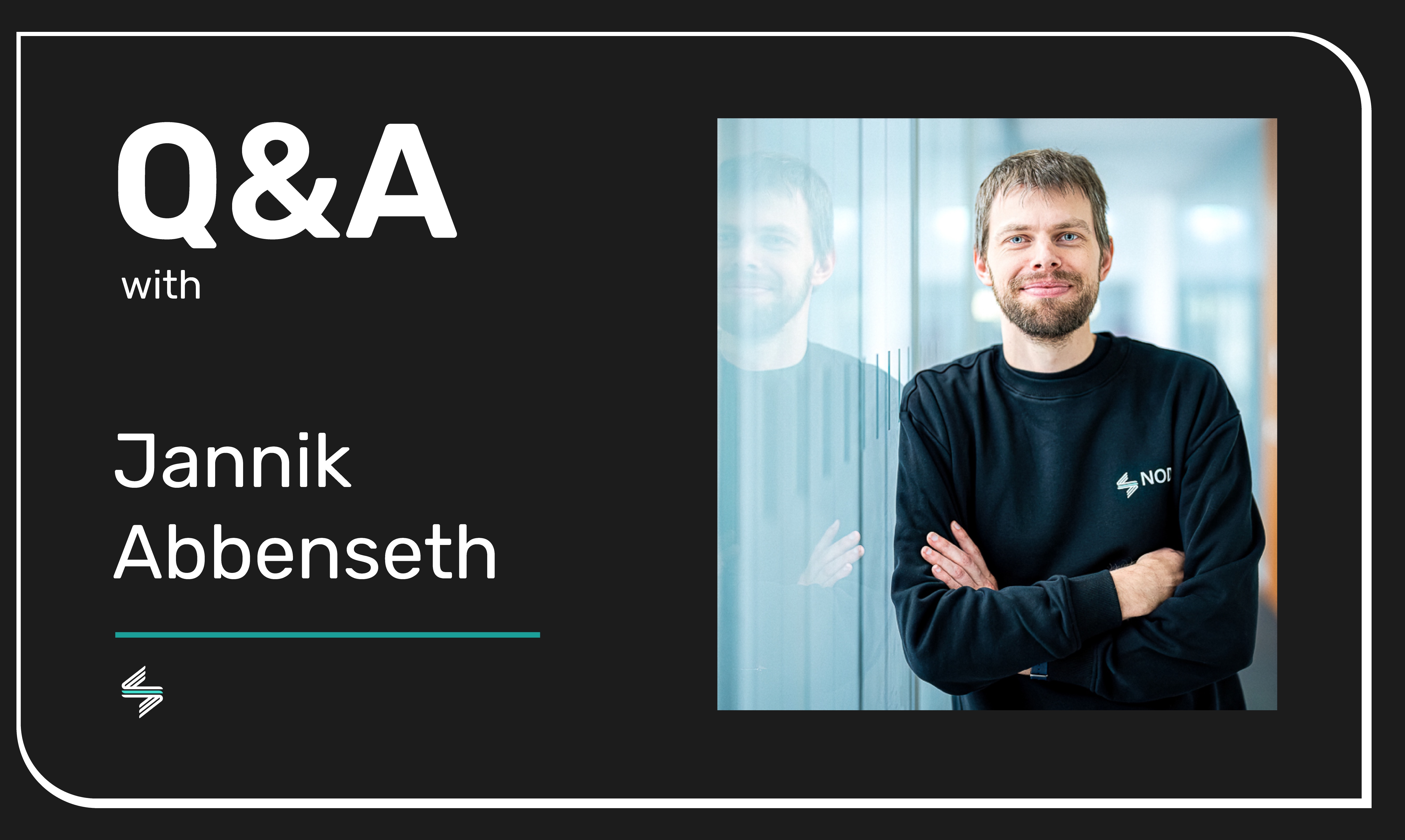Congratulations on the 4th anniversary of NODE Robotics! Reflecting on the past four years since NODE Robotics was founded, back in an earlier interview, you mentioned, "Suddenly it was about the development of a whole company instead of 'just' a software." How do you feel about that transition now, and what have been the biggest lessons learned?
In the early days, I was focused on the architecture and performance of our software, but building a company requires a different approach to leadership and adaptability. Transitioning from technical problem-solving to managing people and strategy has been challenging but essential for growth. The biggest lesson is that building a company is an iterative process, like software development, where you build, test, and adapt. However, the stakes are higher, and the "bugs" affect people and partnerships. This experience has taught me that precision and strategic thinking are just as crucial in leadership as they are in coding.
If you could go back to the founding days, is there anything you would do differently based on what you know now?
If I could go back, I’d prioritize strong professional processes from the start, especially around setting expectations and understanding client requirements. While they initially seemed like extra overhead, clear structures have proven invaluable for streamlining operations, avoiding misalignments, and ensuring consistency as we scale. These processes have been key to effective delivery and growth.
What have been some significant milestones or achievements for NODE Robotics in the past four years?
Key milestones include migrating our entire stack to ROS 2, surpassing 1,000 operational robots, and expanding our team from a few developers to multiple specialized teams in development, application engineering, and customer success. These achievements have strengthened our technical foundation and our ability to support customers effectively.
Previously, you highlighted NODE.EDGE and NODE.SRVS as key offerings that transform robots from customized solutions to universally functional tools. How have these products developed over the past four years, and what impact have they made in the industry?
In the coming years, we aim to solidify NODE.OS as the industry’s universal solution for mobile robotics. Since consolidating our products into NODE.OS with modular components, we’ve seen increased interest, especially around NODE.localize, which has proven its potential to be adaptable across various mobile robots. However, while the traction has been promising, a broader shift in the market will take time. Our focus will be on driving that change—through partnerships, demonstrations of ROI, and continually refining our modular offerings to meet the unique needs of diverse industrial environments. Ultimately, we’re working towards a future where NODE.OS is not only recognized as the go-to standard but is actively contributing to a new level of efficiency and automation across the industry.
How has the robotics industry changed since you started NODE Robotics, and how has your company adapted to these changes?
Since we started NODE Robotics, the market has seen an influx of new hardware and software startups, driving demand for easily integrated software solutions. In response, we've focused on developing our software to ensure seamless integration and hardware agnostics, making it more accessible for a diverse range of robotic platforms. This adaptability has positioned us well to meet the evolving needs of the industry.
Looking ahead, what are your plans and aspirations for NODE Robotics in the next five years?
Our vision for the next five years is to establish NODE Robotics as the leading platform that empowers customers to create fully customized robotics solutions tailored to their unique needs. Through our modular software architecture, we aim to make robots incredibly easy to use, deploy, and adapt—enabling clients to seamlessly integrate the specific skills and functionalities they require. By simplifying the complexity of automation, we hope to make robotics universally accessible and adaptable, setting a new industry standard for flexibility and ease of use across diverse sectors.
Finally, reflecting on your journey so far, what are you most proud of achieving with NODE Robotics?
I’m most proud of transforming a research project—initially just code—into a fully developed product, complete with robust development processes and DevOps practices, ultimately establishing a successful company around it and achieving successful deployments at end-user sites.
